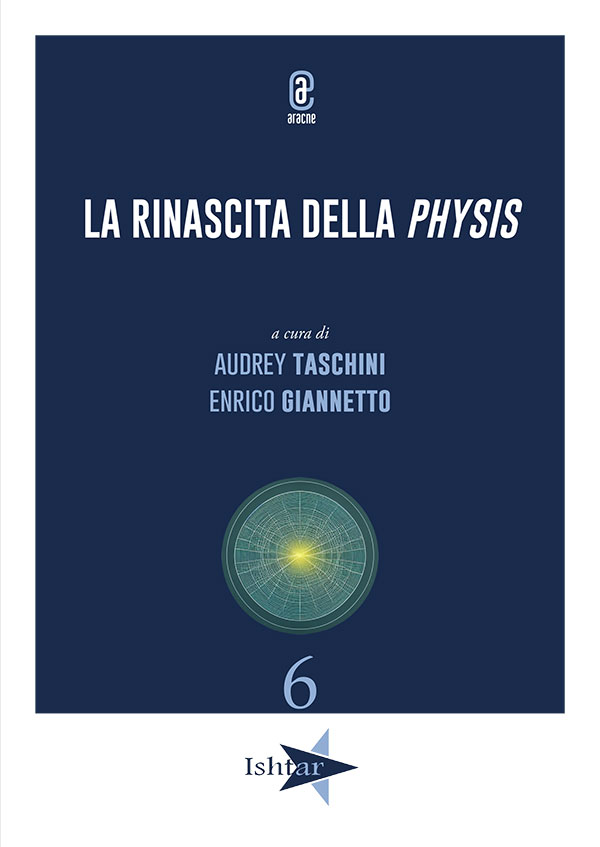Estratto dal volume La rinascita della Physis
Metafisica e trascendenza: la questione della “natura” umana a partire da Heidegger
DOI: 10.53136/97912218219013
Pagine: 21-42
Data di pubblicazione: Settembre 2025
Editore: Aracne
SSD:
M-DEA/01
At the end of the 1920s Martin Heidegger focused his attention on Kant’s idea that metaphysics, considered as a «natural disposition» (Naturanlage), belonged to human nature. This engagement with Kant, which implied a critical assessment of the substantialist and presence-oriented connotation implicit in the notion of human «nature», led to a re-evaluation of metaphysics, not conceived as discipline (nor yet as history of Being’s oblivion, as in Heidegger’s later writings), but as Dasein’s «fundamental constitution» (Grundverfassung). In the 1929 inaugural lecture Was ist Metaphysik?, metaphysics is described as the «fundamental happening» (Grundgeschehen) of Dasein’s transcending dynamics. This happening, however, does not occur in the process of understanding, but is enabled through affectivity, which erupts and displays all its revealing power in the fundamental disposition of anxiety. Heidegger’s idea of a fundamental metaphysical constitution, which is rooted in man’s transcendence and pathic-affective dimension, can offer a significant contribution to the philosophy of religion. In Heidegger’s view, metaphysics is the foundation of every existential mode, including the possibility of faith that defines religious life.




